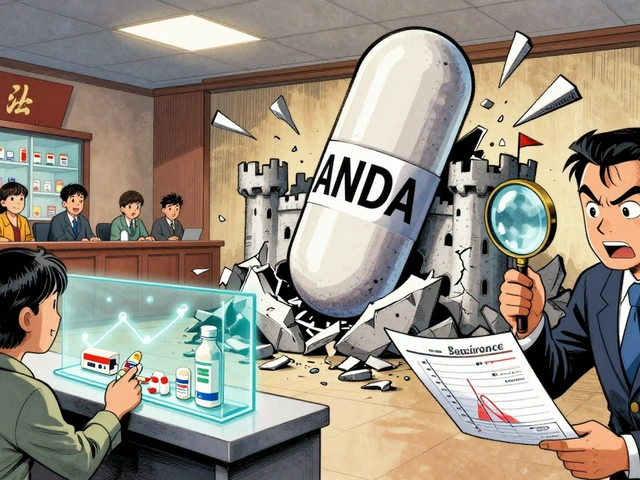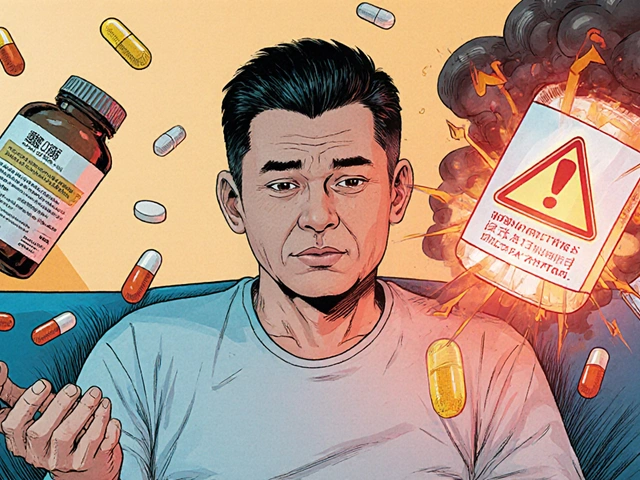Dementia – Simple Guides and Helpful Tips
If you or a loved one are facing dementia, the first thing to know is you don’t have to figure it all out alone. This page gathers clear explanations, practical advice, and links to related UpScript articles so you can get the facts fast.
What Dementia Actually Is
Dementia isn’t one disease; it’s a group of conditions that affect memory, thinking and daily skills. The most common type is Alzheimer’s, but vascular dementia, Lewy‑body dementia and frontotemporal dementia also show up often. All share a gradual loss of brain function that makes everyday tasks harder.
Typical early signs include forgetting recent events, misplacing objects, difficulty finding the right words, and trouble following simple instructions. As it progresses, people may need help with dressing, eating or managing money. Knowing these red flags helps you act early and get support.
Managing Symptoms and Staying Safe
The good news is many symptoms can be slowed or eased with medication, lifestyle changes and a supportive environment. Doctors often prescribe cholinesterase inhibitors (like donepezil) for mild‑to‑moderate Alzheimer’s. In some cases, memantine helps with moderate‑to‑severe stages.
Beyond pills, staying active is key. Regular walks, brain‑training games and a diet rich in fruits, vegetables and omega‑3s have been shown to support brain health. Keep the home safe by removing tripping hazards, labeling drawers, and using simple routines.
If you’re worried about mood swings or aggression, medications such as risperidone (Risperdal) may be used carefully under a doctor’s watch. Our article on Risperdal: Uses, Benefits, Side Effects explains what to expect and how to discuss it with your physician.
Depression is common in dementia patients. Antidepressants like Celexa (citalopram) can help, but they need monitoring for side effects. Check out our guide “Celexa Uses, Side Effects, and Patient Tips” for a plain‑English breakdown.
When memory loss interferes with medication management, consider using pharmacy loyalty programs or GoodRx to simplify refills and reduce cost. Our piece on “Pharmacy Loyalty Programs vs GoodRx” walks you through the best savings options.
If you’re looking for online resources, platforms such as getmaple.ca offer telemedicine visits that can connect you with specialists without leaving home. The article “Online Pharmacy getmaple.ca: Safe, Fast Prescriptions & Meds Delivery” gives a quick overview of how it works.
Finally, don’t overlook the emotional side. Talking to a therapist or joining a support group can relieve stress for both patients and caregivers. Simple speech‑therapy exercises also help keep communication clear as the disease advances.
This tag page keeps adding fresh posts that touch on dementia‑related topics—from medication choices to lifestyle tweaks—so bookmark it and check back often. UpScript aims to give you trustworthy, easy‑to‑understand info whenever you need it.

Oxybutynin and Dementia: What You Need To Know About The Link
Oxybutynin is a common medication for bladder problems, but many worry about its link to dementia. This article unpacks what current research says about oxybutynin and dementia risk, explains how this drug affects the brain, and offers tips for staying safe. You'll also get practical advice to discuss with your doctor, including safer alternatives and lifestyle choices to lower your risk.
Detail




